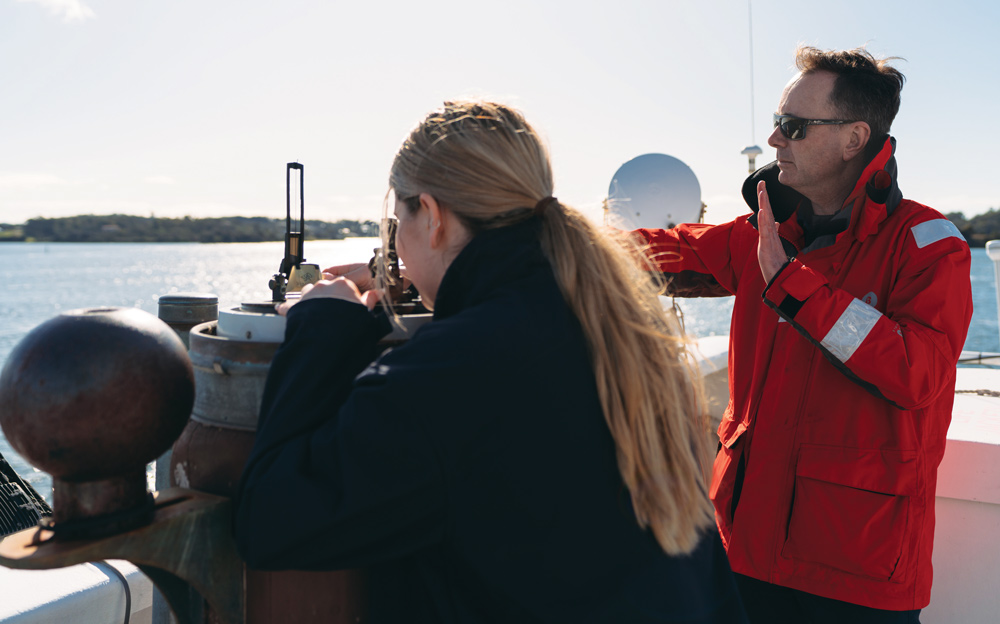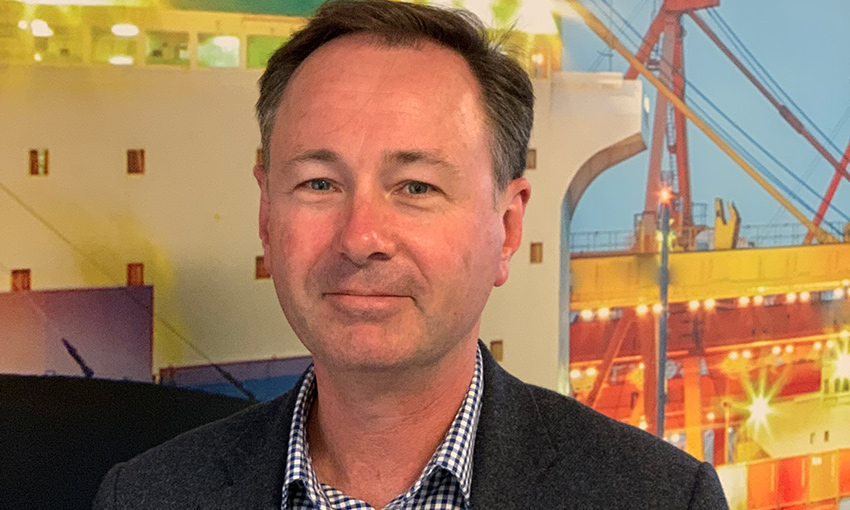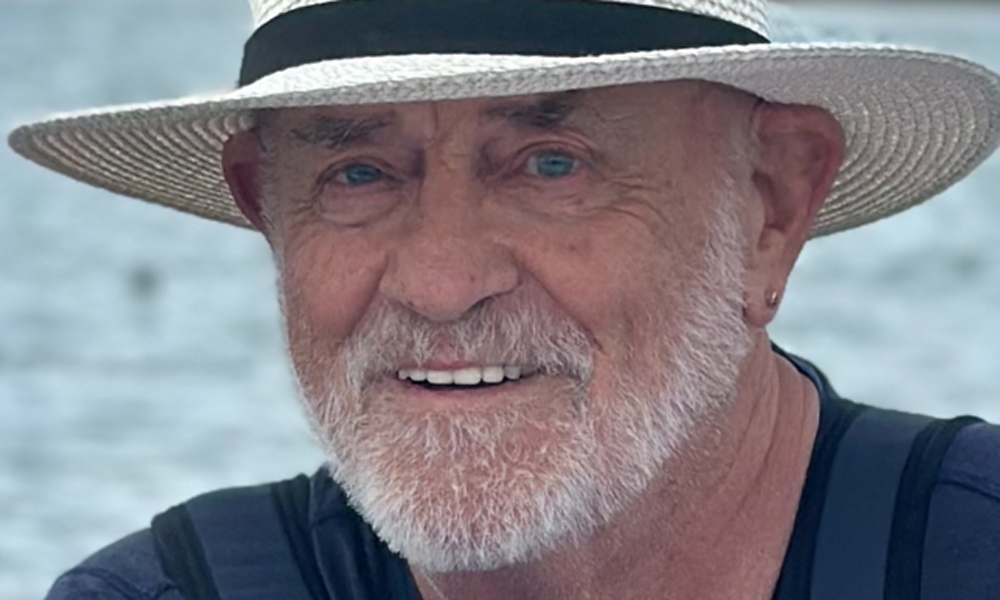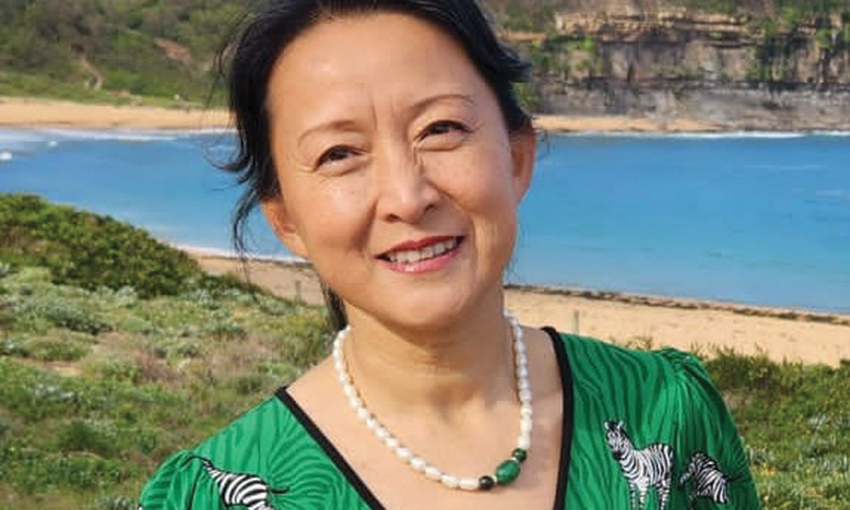Tell us about your work at AMC.
I’m the director of our Centre for Seafaring and Maritime Operations, which includes the academic programs that support the certificates of competency within the Australian system. That covers everything from the Certificate I for general purpose hands, all the way through to the domestic and international qualifications up to and including master and chief engineer Class 1.
We also offer some post-graduate studies that help people transition from a seagoing career into a shore-based career.
What aspect of your job are you most passionate about?
Navigation and ship handling are the areas I find most enjoyable to teach in. It’s an area I’ve got experience in, so being able to explain it to a group and hear the pennies drop in the classroom is a really satisfying feeling. And with that comes feedback – sometimes immediately, and sometimes years later. It’s nice to know that I’ve been able to contribute to someone’s career. That’s what I like about education; I’ve already done my training, but now in the field I can facilitate that learning for other people. That knowledge fans out and has a multiplying effect, so it’s nice it’s not wasted.
How did you end up in teaching?
My seagoing experience is with the Royal Australian Navy, and at one point in my career there I was involved in teaching navigation and watchkeeping at the navy simulator, at HMAS Watson in Sydney.
I did that for a couple of years, which included a six-month exchange to the Royal Navy simulator in England. That’s what led me into teaching and instruction. Fast forward a decade or so, I sent my CV to the maritime college. I’m not great with cargo theory and ships business, and no one here is that interested in gunnery or torpedoes. But in the middle of that is navigation, seamanship vessel handling, sea survival and firefighting. That’s how I found myself here.
What’s the source of your interest in maritime?
My family has a holiday house on the Tamar River, so I grew up watching commercial ships coming and going, so it was always something I was aware of. I also had a grandfather who went to sea from about as early an age as he could get away. He lived in Hobart and, as a young teenager, he would turn up and try to get away on whichever ship was in. One day he did it; a ship was short of a crewmember, but it needed to sail, and they gave in. His parents got a telegram from Melbourne saying, “If you’re worried about your son, it’s okay, he’s working on our ship”. He was off and gone, and that was his career until he retired.

Who else comes to mind as an inspiration?
Not so much an individual, but the generation that experienced World War II. The people who were involved in the war and the people at home are a remarkable generation. I’ve done a lot of reading about military and civilian maritime history from around that period, and I think what society endured in the Second World War and how they got through it is really inspiring. In recent years, there have been some parallels with the pandemic; a widespread loss of life through something none of us have control over. It changed the way we lived for periods of time, and I think there’s going to be a lingering effect, a bit like the war. So, that World War II generation is certainly inspirational.
If you could live in any era, which would it be, and what are you doing?
There are still parts of the world that aren’t really well known, but with technology like Google Earth, we pretty much have the planet sorted out. But I’d like to go back a few hundred years to what might be called the Age of Discovery, where people were getting on ships and relying on their skills as seafarer to go out and find out what was beyond the horizon, and things beyond what was known or charted. I might even be doing the same sort of things I’m doing now, but in that era. Getting out on a ship and using a different kind of navigation to venture out into the rest of the world.
Do you have any hidden talents?
I play the bagpipes. There’s a bit of Scottish heritage in the family, and as a kid here in Launceston, I learned bagpipes while I was still at high school. I played in a community pipe band, went off to the Navy, played at formal dinners at the defence academy and at different ceremonies on ships. The distance of time that elapses between when I play gets larger as I’ve gotten older, but I can still pick them up and get a tune out.
This article appeared in the April 2023 edition of DCN Magazine





